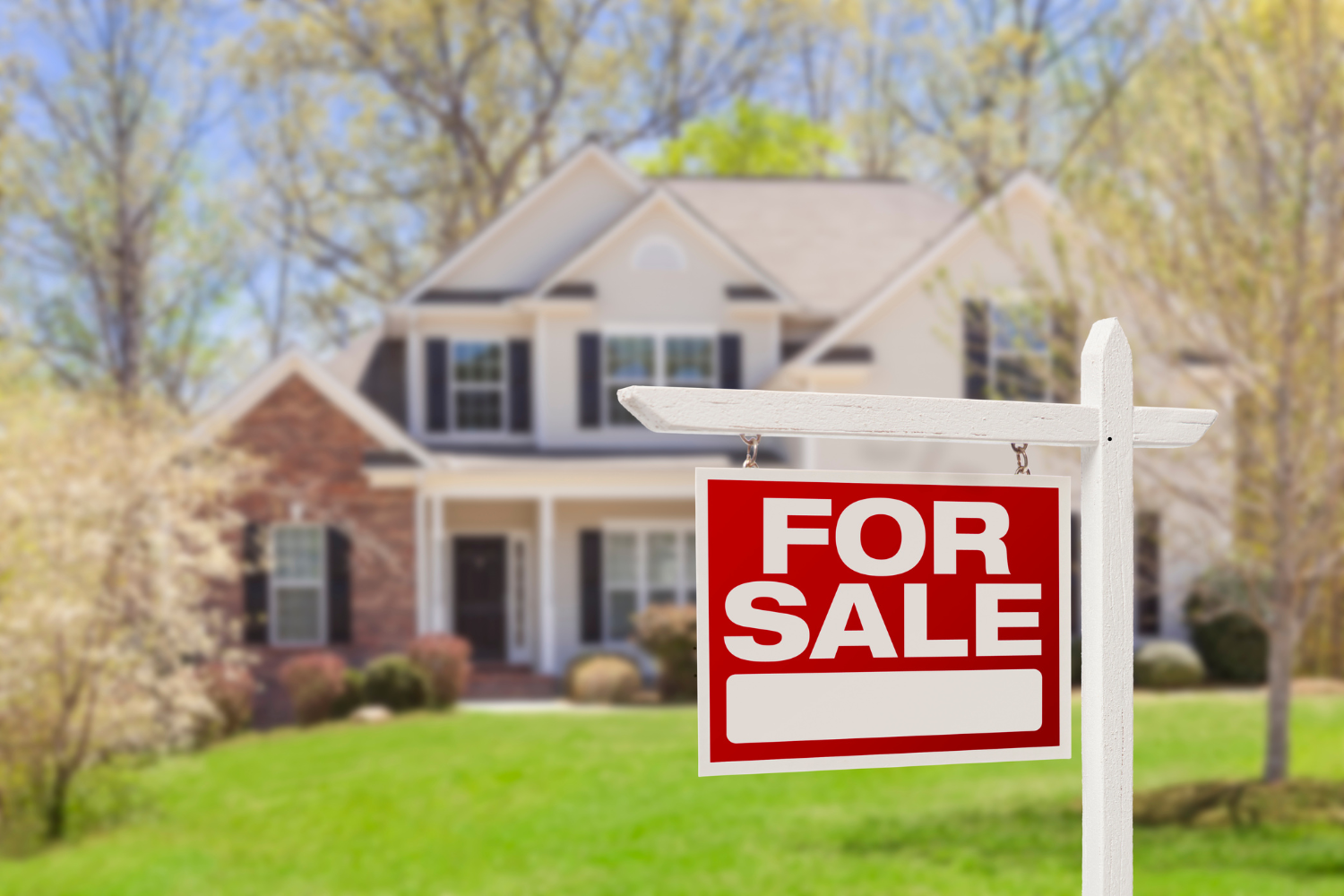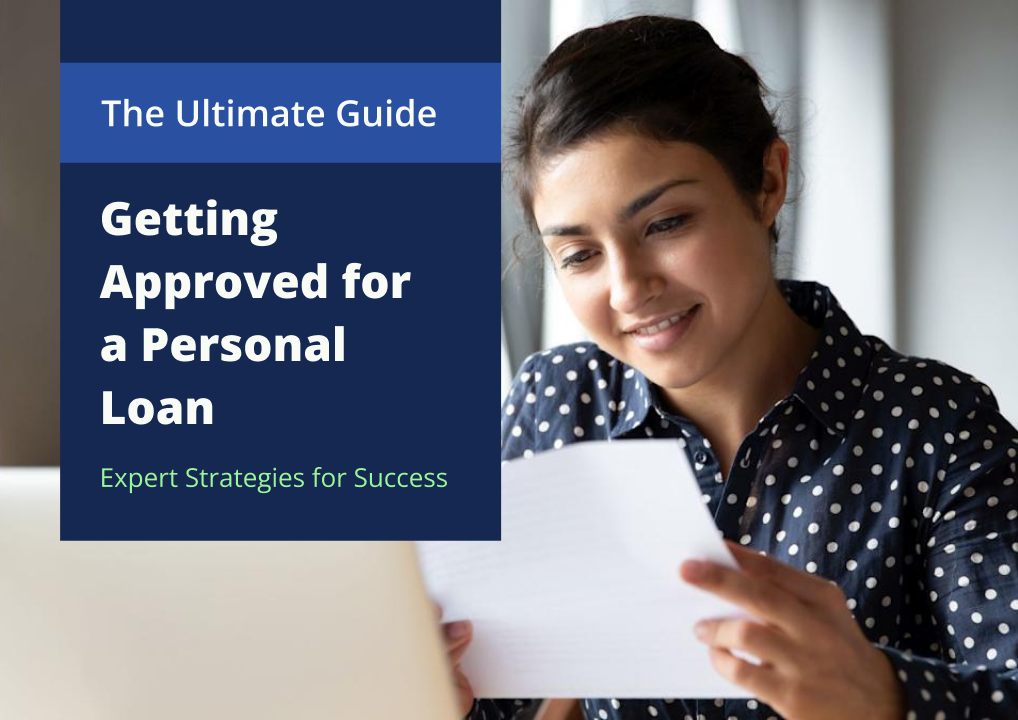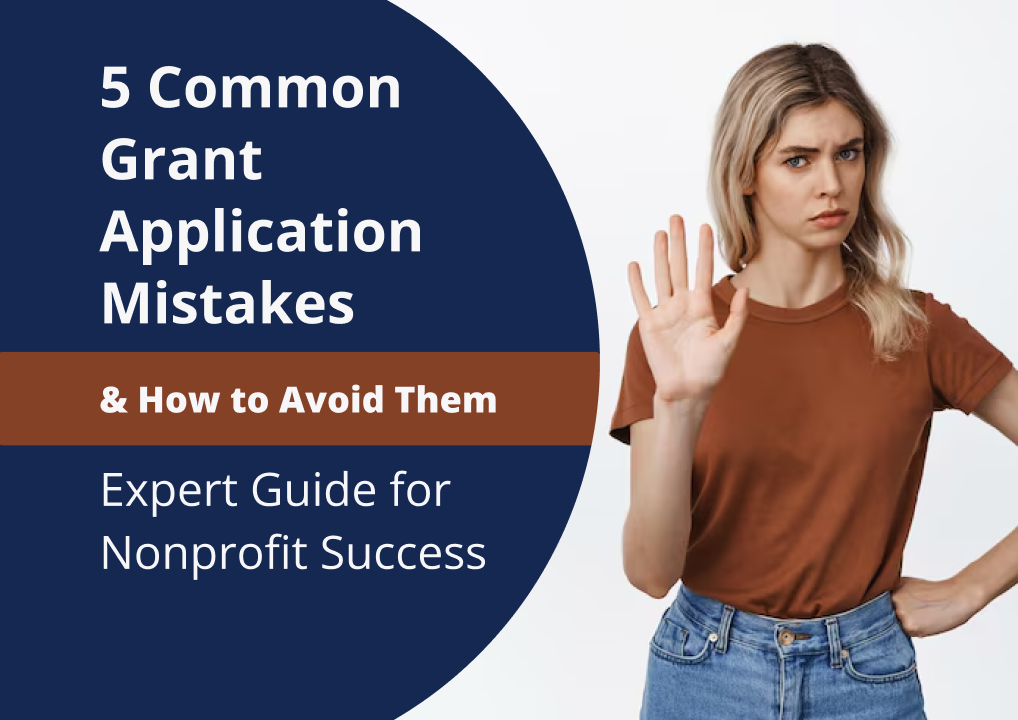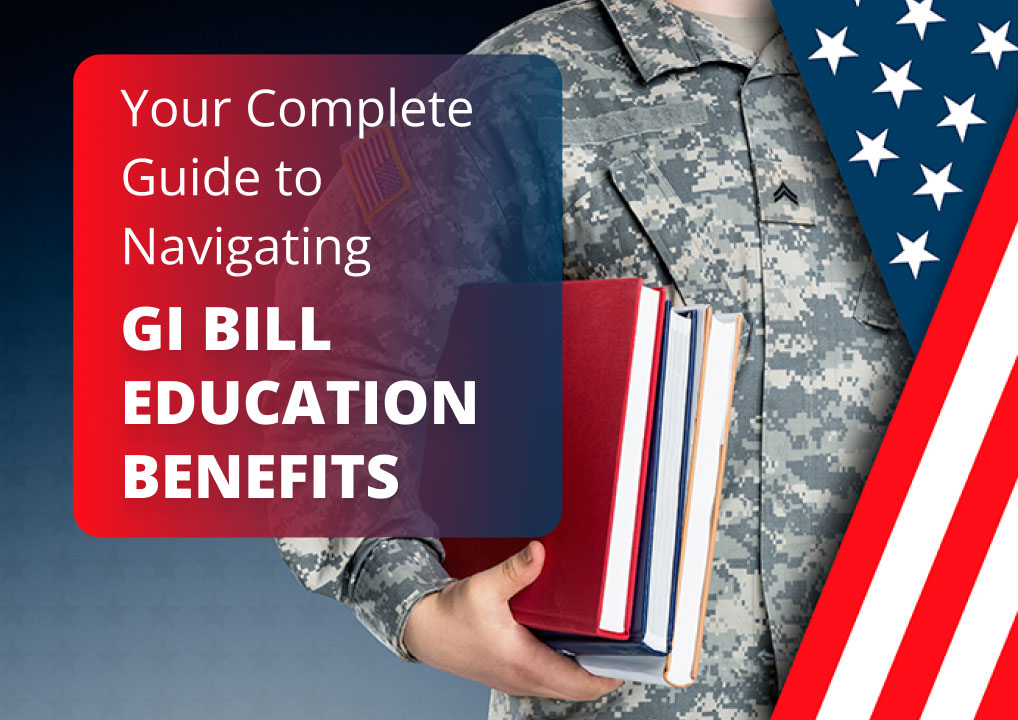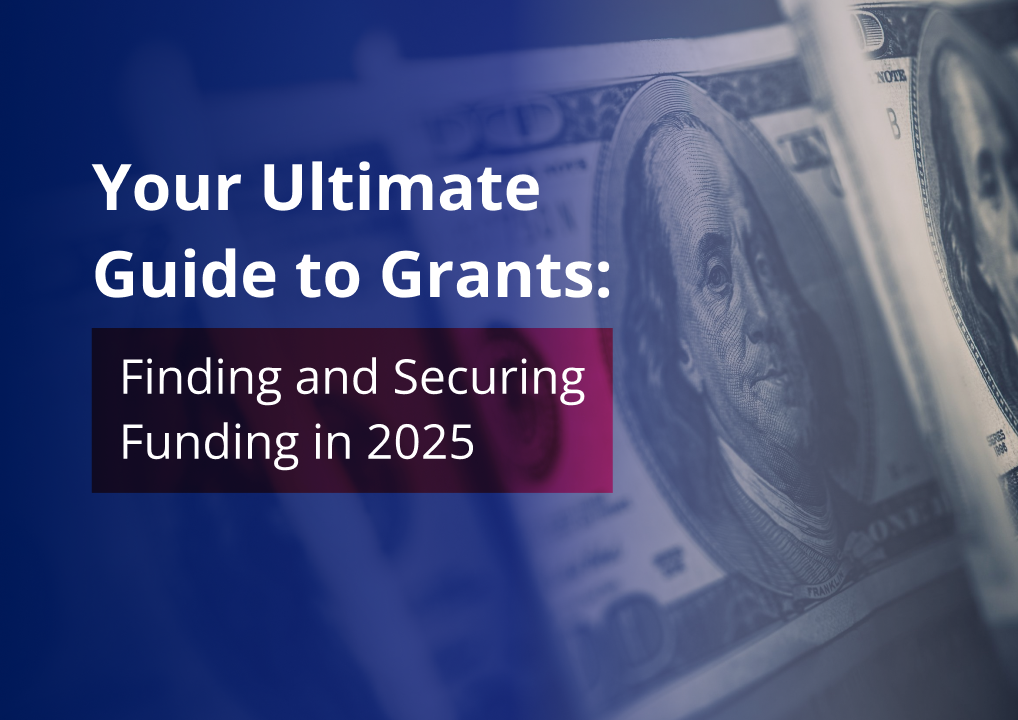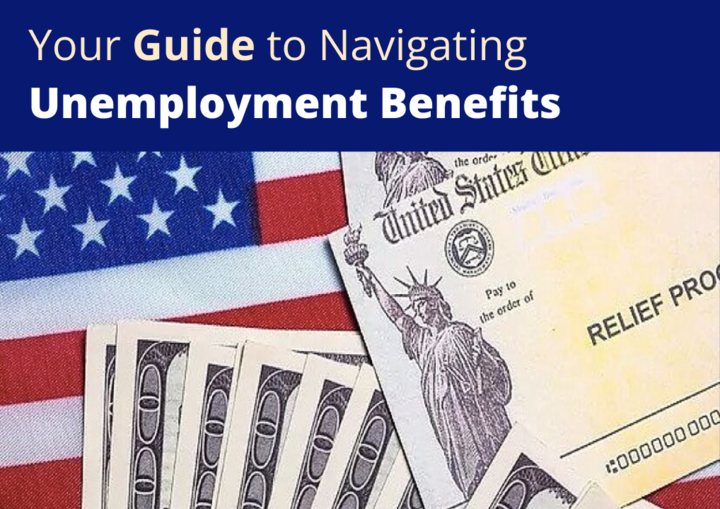Owning a home has long been seen as a key milestone of adulthood. But is it really the best financial move for everyone? The truth is, buying a home isn’t always better than renting—it depends on your financial situation, long-term goals, and market conditions.
When Renting Makes More Sense
- Flexibility: If your job or lifestyle requires you to move frequently, renting might be the smarter choice.
- Lower Upfront Costs: Renting doesn’t require a hefty down payment, closing costs, or maintenance expenses.
- No Market Risk: Home values can drop, but renters don’t have to worry about depreciation.
When Buying is the Better Option
- Building Equity: Instead of paying rent to a landlord, your mortgage payments contribute to owning an asset.
- Stability: Fixed mortgage payments won’t increase the way rent often does.
- Tax Benefits: Homeowners may get deductions on mortgage interest and property taxes.

How Much House Can You Really Afford? 

One of the biggest mistakes first-time homebuyers make is buying more house than they can afford. Just because a bank approves you for a certain loan amount doesn’t mean you should take it.
Key Factors in Affordability:




| Annual Income | Max Monthly Mortgage | Suggested Home Price (20% Down) |
|---|---|---|
| $50,000 | $1,167 | ~$200,000 |
| $75,000 | $1,750 | ~$300,000 |
| $100,000 | $2,333 | ~$400,000 |

Understanding Mortgage Loans: Fixed vs. Adjustable Rates, FHA vs. Conventional 

Choosing the right mortgage can save (or cost) you thousands of dollars over the life of your loan. Here’s a breakdown of the most common options:
Fixed-Rate vs. Adjustable-Rate Mortgages (ARM)
| Loan Type | Pros | Cons |
|---|---|---|
| Fixed-Rate Mortgage (30-year, 15-year) | Predictable payments, stability | Higher initial interest rate |
| Adjustable-Rate Mortgage (ARM) | Lower initial rate, good for short-term ownership | Rates can increase, unpredictable payments |


FHA vs. Conventional Loans
| Loan Type | Down Payment | Credit Score Requirement | Best For |
|---|---|---|---|
| FHA Loan | 3.5% | 580+ | First-time buyers with lower credit scores |
| Conventional Loan | 5-20% | 620+ | Buyers with strong credit and higher savings |

The Hidden Costs of Homeownership: What First-Time Buyers Overlook 

Many first-time buyers focus on the purchase price but forget about the hidden costs of homeownership, which can quickly add up.
Common Hidden Costs:
- Property Taxes: Can range from 0.5% to 2.5% of home value annually.
- Home Insurance: Typically $800-$2,500 per year, depending on location.
- HOA Fees: Can be $100-$500 per month, depending on the community.
- Maintenance & Repairs: Budget at least 1% of home value per year for upkeep.

| Expense | Estimated Cost (Annual) |
|---|---|
| Mortgage Payment (P&I) | $18,000 |
| Property Taxes | $3,600 |
| Home Insurance | $1,200 |
| Maintenance & Repairs | $3,000 |
| HOA Fees (if applicable) | $2,400 |
| Total Annual Cost | $28,200 ($2,350/month) |

House Hunting Tips That Save You Money 

Finding the perfect home at the right price takes strategy. Here’s how to avoid overpaying and spot potential problems before signing a contract.
1. Get Pre-Approved Before You House Hunt


2. Negotiate the Purchase Price

- Check recent home sales (comps) to see if the price is fair.
- Request seller concessions (closing costs, repairs, home warranty).
- Be willing to walk away—emotional buyers overpay.
3. Watch Out for Hidden Issues

- Water damage (stains on ceilings/walls).
- Foundation cracks (can be expensive to fix).
- Old roof, plumbing, or electrical (big-ticket repairs).

Is Real Estate a Good Investment for Millennials? 

Many millennials are looking at real estate as an investment—but is it actually worth it?
Ways to Make Real Estate Work for You:
- House Hacking: Buy a duplex or triplex, live in one unit, and rent out the others to cover your mortgage.
- Long-Term Rentals: Buy a property in a high-demand area and rent it out for passive income.
- Short-Term Rentals (Airbnb, VRBO): Rent out your home when traveling to generate extra income.
Potential Risks of Real Estate Investing:
- Market Fluctuations: Home values can decline.
- Upfront Costs: Down payments, closing costs, and repairs add up.
- Tenant Issues: Rental properties require management and maintenance.

Smart Home-Buying Decisions That Don’t Leave You House-Poor
Buying a home is one of the biggest financial decisions you’ll make, so take your time and plan carefully. Remember:




With the right strategy, you can become a homeowner without going broke!


